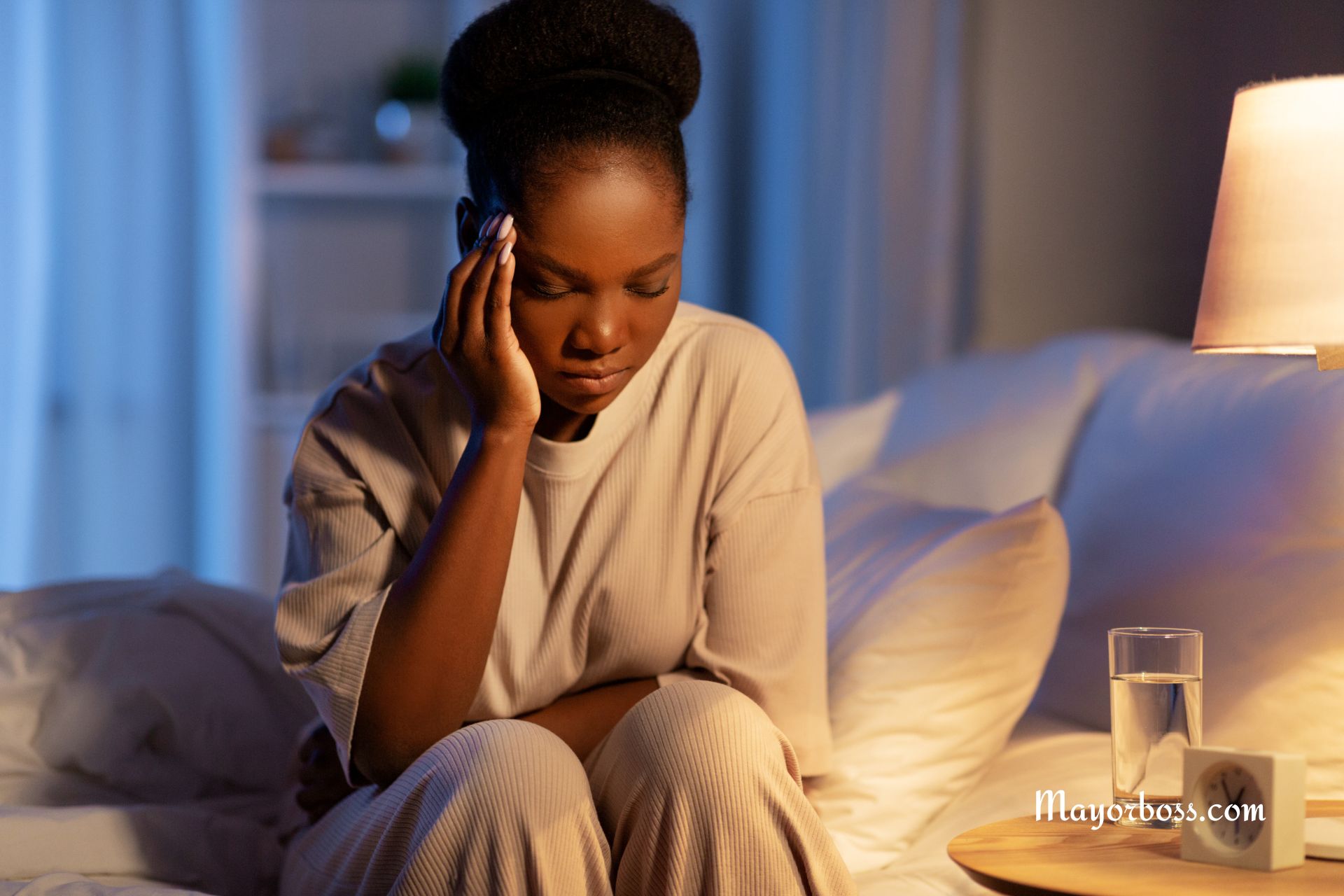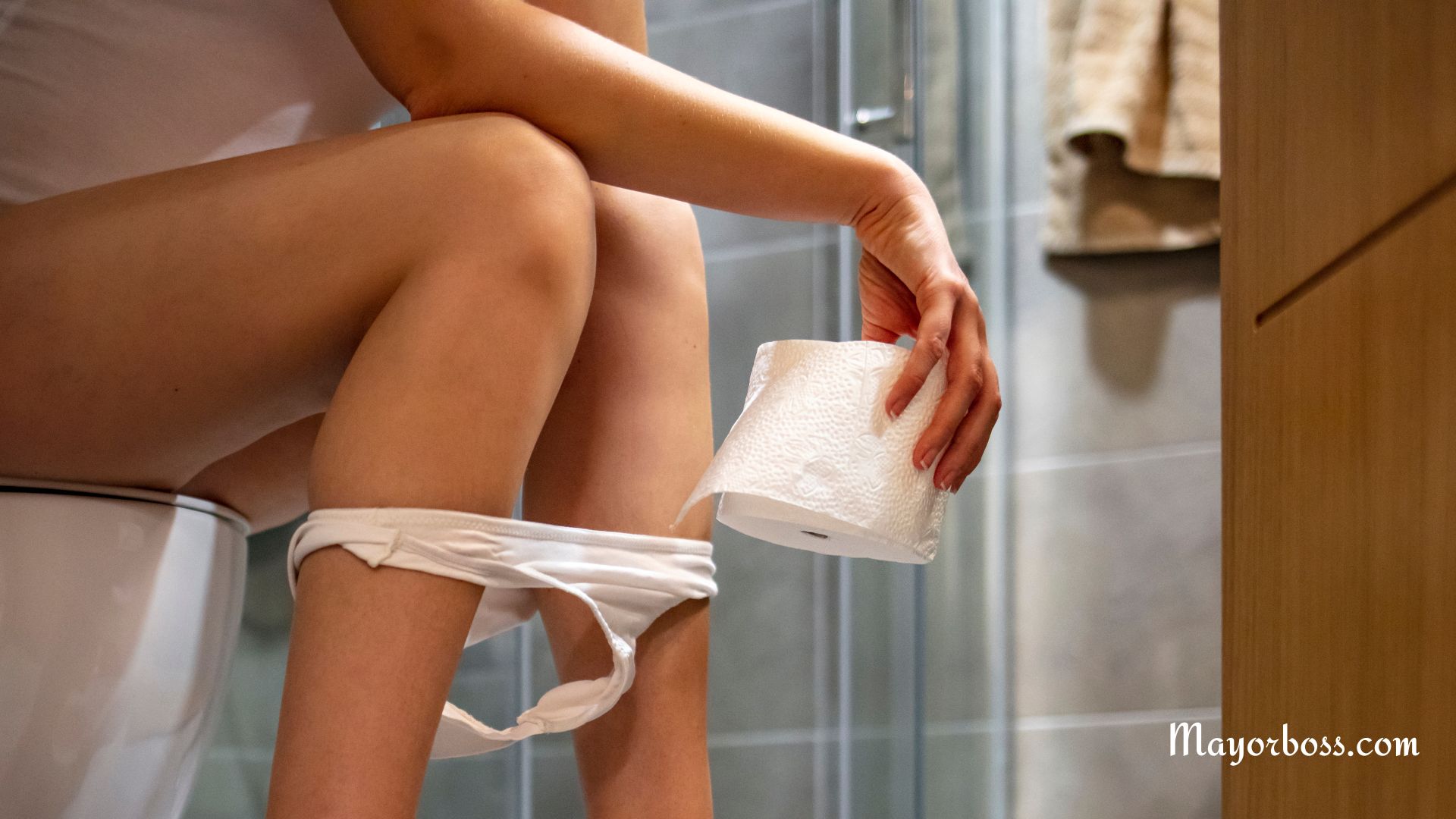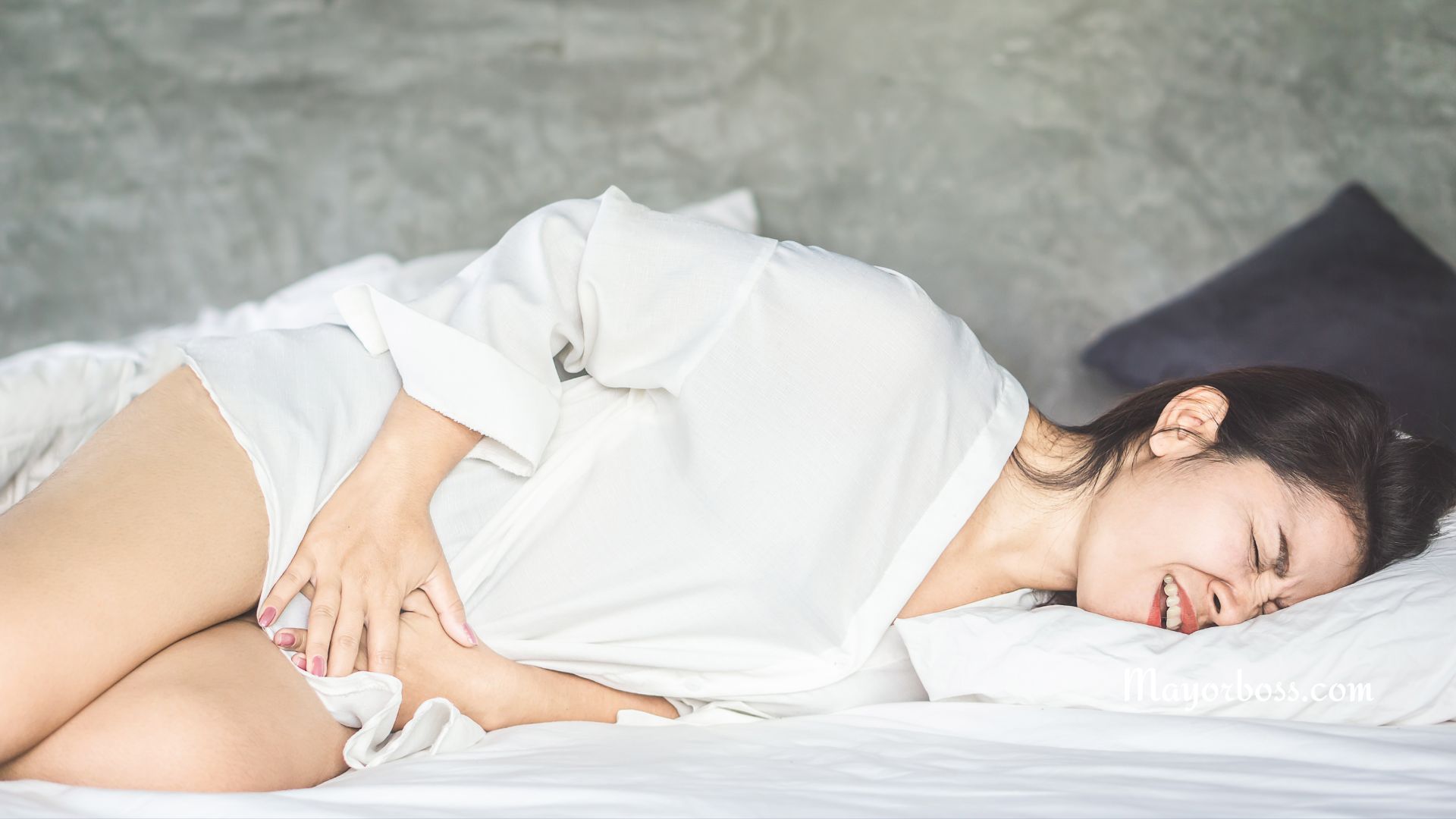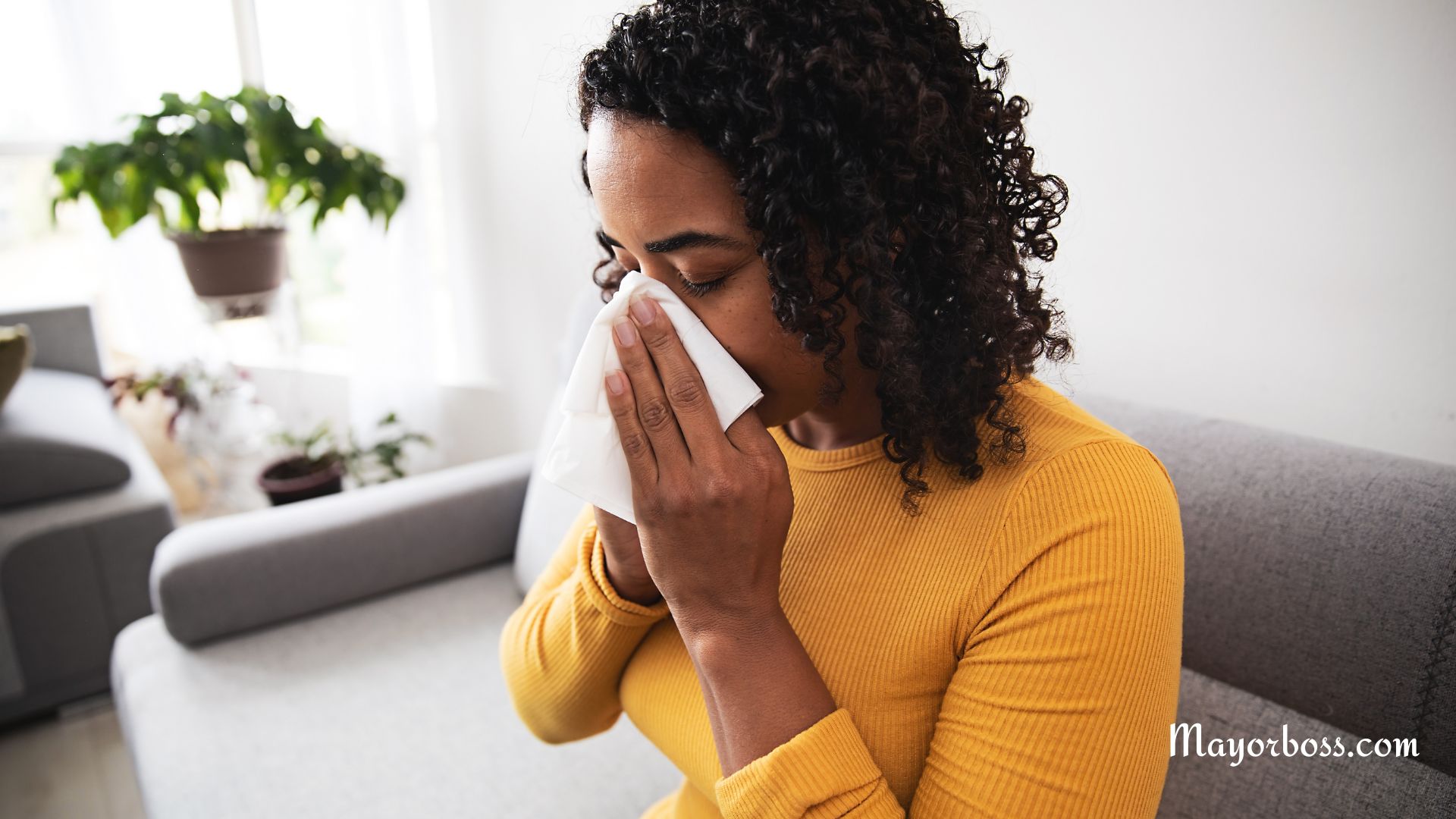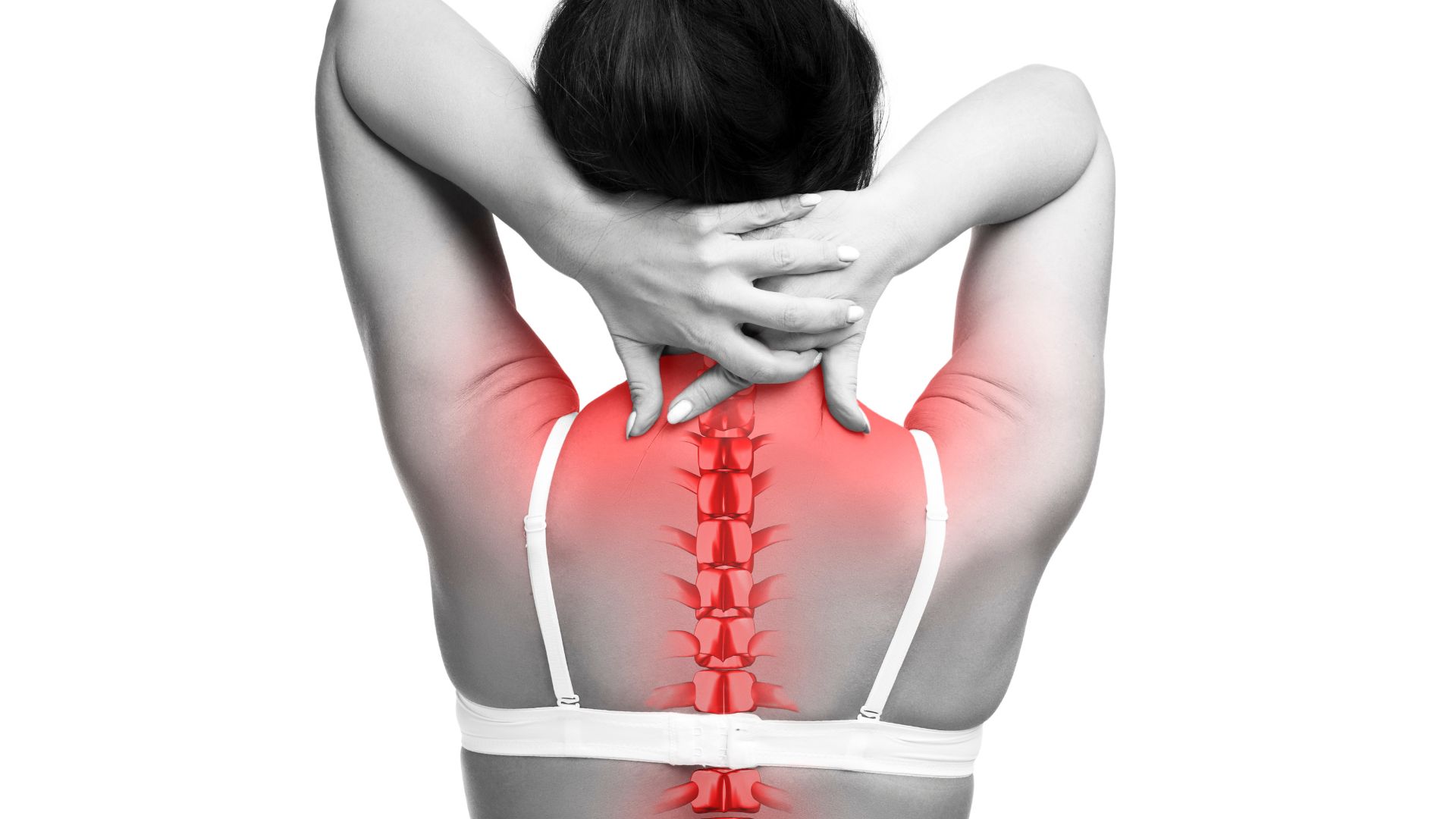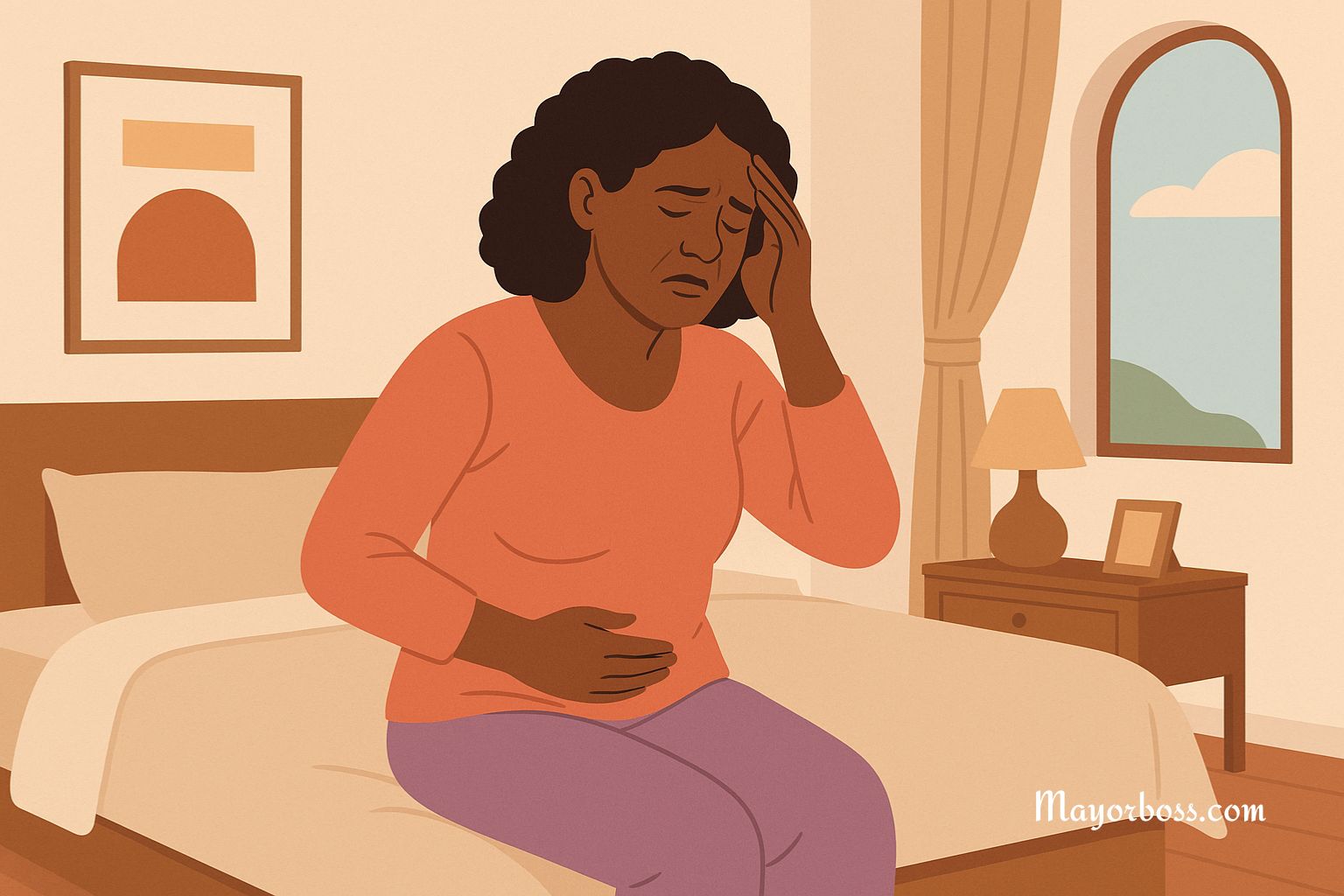How To Stop Waking Up At Night To Pee
Do you find yourself getting up multiple times at night to pee? It can be really annoying, but you’re not alone—many people have this problem called “nocturia.” The good news is that there are simple ways to cut down on these interruptions so you can sleep better. Please continue reading to learn how you can fix this problem and get a good night’s rest.
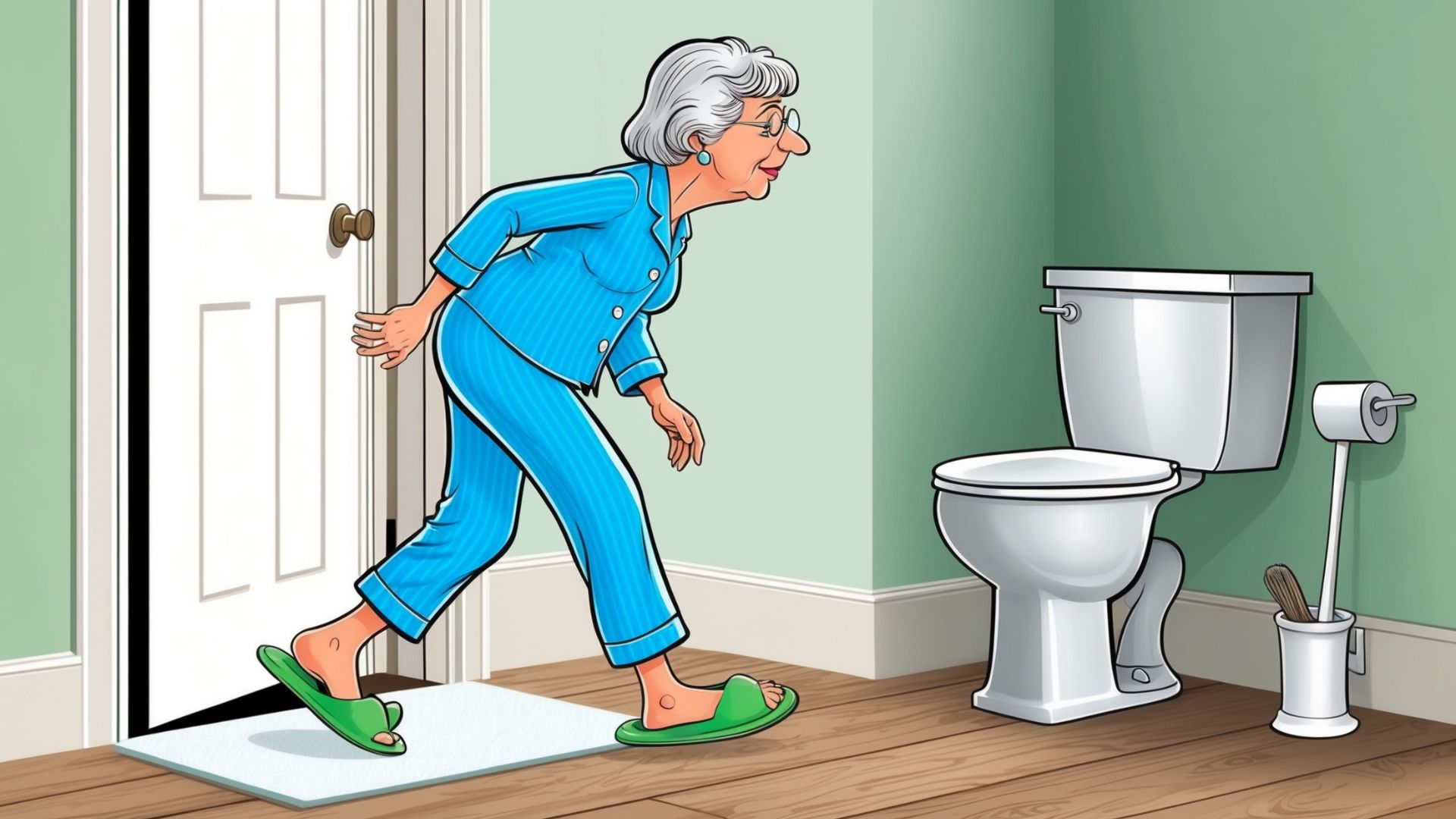
Why Do You Keep Waking Up To Pee At Night?
Nocturia is a condition where you need to pee frequently during the night. Unlike needing to go just once, nocturia makes you go to the bathroom two or more times each night. This is not just annoying; it also affects how well you sleep, making you feel tired and cranky the next day.
There are several reasons why nocturia happens, including habits and health conditions. Some common reasons are:
- Drinking too many fluids before bed – Especially drinks like coffee or alcohol.
- Aging – As you get older, your bladder holds less, and changes in hormones can make you pee more often.
- Health problems – Things like diabetes, urinary tract infections (UTIs), and heart problems can cause you to pee more at night.
- Certain medicines – Medications called diuretics, often used for high blood pressure, can make you need to pee a lot.
How To Sleep Better Without Nighttime Bathroom Trips
Drink Less In The Evening
One of the easiest ways to cut down on nighttime trips to the bathroom is to drink less in the evening, especially in the last few hours before bed. Try to drink more during the day so you don’t need to drink a lot right before bed. Also, avoid coffee and alcohol at night since they make you pee more.
Use The Bathroom Before Bed
This might seem obvious, but make sure you go to the bathroom before bed, even if you don’t feel like you have to go. You can also try something called “double voiding”—this means peeing once, waiting a few minutes, and then trying to pee again to make sure your bladder is really empty. This can help keep you from needing to go right after you lie down.
Raise Your Legs Before Bed
Did you know that fluid can build up in your legs during the day if you sit or stand a lot? Later, this fluid goes back into your system and makes you need to pee. To help with this, you can try raising your legs for about 30 minutes before bed. This helps move the fluid out of your legs and can reduce your trips to the bathroom.
Watch What You Eat And Drink
Certain foods can make your bladder more sensitive, making you need to pee more often. These include spicy foods, citrus fruits like oranges, and fizzy drinks, which can irritate the bladder lining and increase the urge to urinate. To avoid needing to get up at night, try not to eat these foods in the evening.
Deal With Health Issues
Nocturia can also be caused by other health problems, like diabetes, sleep apnea, or an overactive bladder. If changing your habits doesn’t help, it might be time to talk to your doctor. They can figure out if you have a health issue that needs treatment. For example, if sleep apnea is causing your nocturia, treating it might help you stop waking up to pee.
Change Your Medication Schedule
If you take medicines that make you pee more, talk to your doctor about taking them earlier in the day. This might help you avoid needing to go at night. Always talk to your doctor before making any changes to your medication.
Start a Bladder Diary
Keeping a bladder diary is an excellent way to gain insights into your habits and identify patterns that could contribute to nocturia. In your diary, log your fluid intake, when and how much you urinate, and when you experience episodes of nocturia.
Over time, you may start to see trends. For instance, a particular beverage may lead to increased nocturnal urination or a specific time of fluid intake may contribute to the problem.
According to the National Association for Continence, keep the bladder diary for 4-7 days to help you get a general idea of how much you drink and when you urinate.
Here’s a sample layout for a bladder diary:
| Time | Drinks (type and amount) | Urination (amount and time) | Urgency Level (1-10) | Leaks (Yes/No) | Notes |
|---|---|---|---|---|---|
| 7 AM | Coffee (1 cup) | Morning pee (7:30 AM) | 3 | No | |
| 9 AM | Water (500 ml) | ||||
| 11 AM | Mid-morning pee (11:30 AM) | 5 | Yes | ||
| 1 PM | Lemonade (1 glass) | Lunchtime pee (1:15 PM) | 4 | No | |
| 3 PM | Water (500 ml) | Afternoon pee (3:45 PM) | 6 | Yes | |
| 5 PM | Evening pee (5:30 PM) | 4 | No | ||
| 7 PM | Tea (1 cup) | ||||
| 9 PM | Night pee before bed (9:30 PM) | 2 | No | ||
| Night | Midnight pee (2 AM) | 7 | Yes |
Is It Normal To Wake Up To Pee At Night?
Waking up to pee once in a while is normal, but doing it often could mean there’s a problem with your health. Nocturia can also increase the risk of falls, especially for older people who might be unsteady at night. Plus, losing sleep can make you feel tired and affect your mood and focus.
If you have tried these tips and are still getting up several times at night, it’s a good idea to see your doctor. They can do tests to check for things like diabetes or bladder infections. With the right help, nocturia can often be managed so you can get the sleep you need.
Bladder Training And Pelvic Floor Exercises
Another way to help with nocturia is by bladder training and doing pelvic floor exercises. Bladder training means trying to wait longer between bathroom trips to help your bladder hold more. For example, if you usually go to the bathroom every hour, try extending that time by 15 minutes. Gradually increasing the time can help your bladder get used to holding more urine. You can practice this during the day to get better control over the urge to pee.
Pelvic floor exercises, like Kegels, can also help by making the muscles that control urination stronger. This can reduce how often you need to pee, especially if you sometimes have leaks.
Tips For Better Sleep
Sleep hygiene means having habits that help you sleep better. Having a set sleep schedule, keeping your room cool and dark, and avoiding screens for an hour before bed can help you sleep more deeply. The deeper you sleep, the less likely you are to wake up because you need to pee.
Relaxation techniques like deep breathing or meditation can also help. Sometimes the urge to pee is more about worrying than actually needing to go. Relaxing before bed can help stop this cycle.
When To Talk To A Doctor
If you’re getting up more than two or three times each night to pee, or if it’s really affecting how well you sleep, it’s time to see a doctor, such as a urologist. You could have something like an enlarged prostate (in men), a UTI, or diabetes that needs to be treated.
Your doctor might suggest different treatments, such as:
- Medicines to make less urine at night.
- Treatments for other health problems, like diabetes or sleep apnea.
- Bladder training to help you hold more urine.
The Bottom Line—Get Back To Sleeping Through The Night
Waking up at night to pee can be more than just annoying—it can hurt your quality of life, making you tired and less healthy. But if you make some changes, like drinking less before bed, emptying your bladder before sleep, and doing bladder control exercises, you can reduce the trips and sleep better.
If nothing seems to help, reach out to your doctor. Together, you can figure out what’s causing the problem and find the best treatment. Everyone deserves a good night’s sleep—including you!

